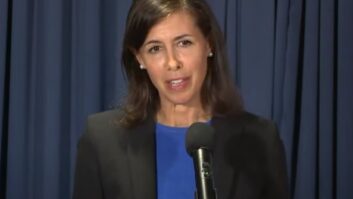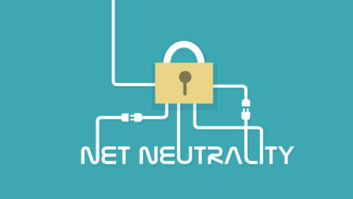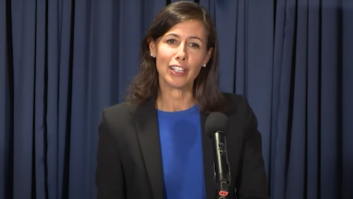Now that the FCC’s net neutrality/Title II vote has passed, the next phase begins.
The agency has been thinking about the issue for a decade. One of the chief issues is whether an Internet service provider can deliver certain Internet sites, content and services to customers faster than others in exchange for compensation. What the agency voted on bans any form of that, not allowing “fast lanes” for those who pay extra or “throttling” meaning slower speeds, for those who don’t.
The details of the 300+ page document were not yet public after the vote. Indeed, Chairman Tom Wheeler told reporters afterwards that one of the procedural actions that needs to occur before the document is released is the need to get the written, not just oral, dissent of GOP Commissioner Michael O’Rielly on the record, something O’Rielly bristled at later in a press conference. Pai and O’Rielly said for this vote, they got the final item 36 hours in advance, too short of a time frame to really absorb changes, they said.
“This isn’t how the FCC should operate. There’s no Internet crisis,” said Pai, noting the vote didn’t have to happen yesterday.
They predicted the item will either be vacated by the courts, or overturned by Congress or by a subsequent commission. Wheeler disagreed, saying the “clear and bright line” rules will withstand judicial scrutiny. “While some countries try to control the Internet, the action we take today [says] no one should control free, open access to the Internet,” said Wheeler to applause at the commission’s open meeting.
Now, attorneys for groups that oppose the new rules will pore over the document to determine whether they should try to get so-called “net neutrality” blocked.
CEA, for example, applauds to goal of the open Internet but doesn’t think classifying it as a utility is the right thing. CEA President/CEO Gary Shapiro said that actually “takes us in the wrong direction on the information superhighway.” He and other opponents (of the rule itself, not the open Internet) believe the new protections represent an overreach of government power and the end result will be less consumer choice and higher costs as companies facing higher taxes pass those costs onto customers.
CTIA-The Wireless Association agrees, with President and CEO Meredith Attwell Baker, a former FCC commissioner, calling the ruling “disappointing and unnecessary.”
In the pro-camp, civic groups like MoveOn believe the rule protects the Internet from big cable companies that seek to limit access for some customers.
For broadcasters’ streaming purposes and for the public, nothing is likely to change for quite a while; the issue has more implications for radio’s future, as streaming grows.
Future of Music Coalition CEO Casey Rae praised the vote, calling it “an incredible moment for so many artists and independent labels who fought to preserve an open and accessible Internet for almost a decade.” The new Internet protections create “the ability to compete on a level playing field without discrimination from just a few powerful ISPs.”
Related:
FCC Passes “Net Neutrality” Rules












